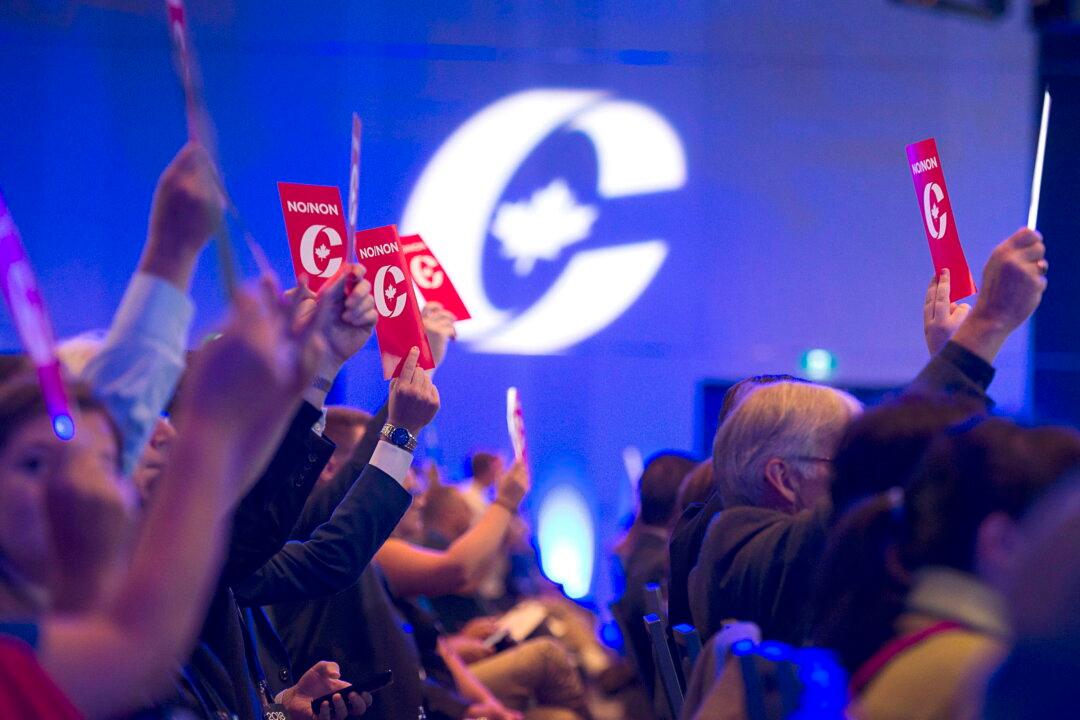As the Conservative Party leadership race takes shape, social conservative groups are mobilizing to rally like-minded Canadians to buy memberships and to help to promote conservative social and economic policies such as those around family, conscience, individual rights and responsibilities, and fiscal accountability.
Abortion and assisted suicide are among the issues of conscience that concern social conservatives. Scott Hayward, co-founder of pro-life group RightNow, told The Epoch Times that the percentage of Canadians who hold pro-life views on specific policy questions has grown across the country and within the Conservative Party.





